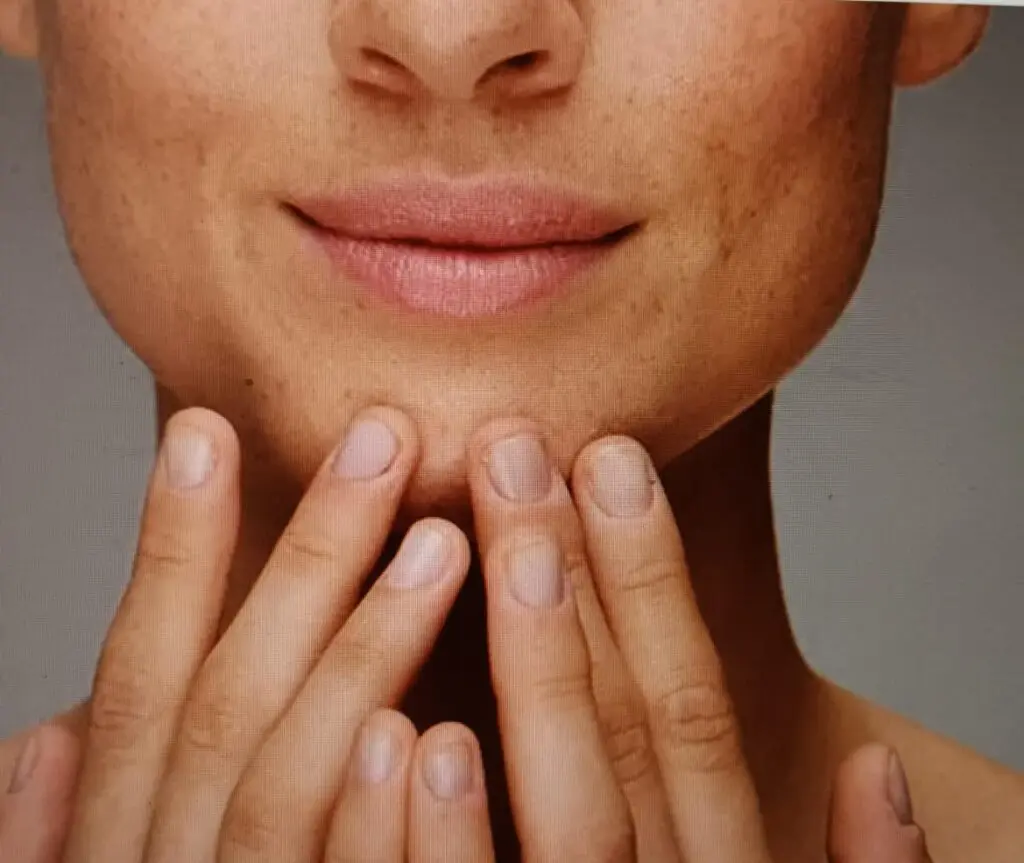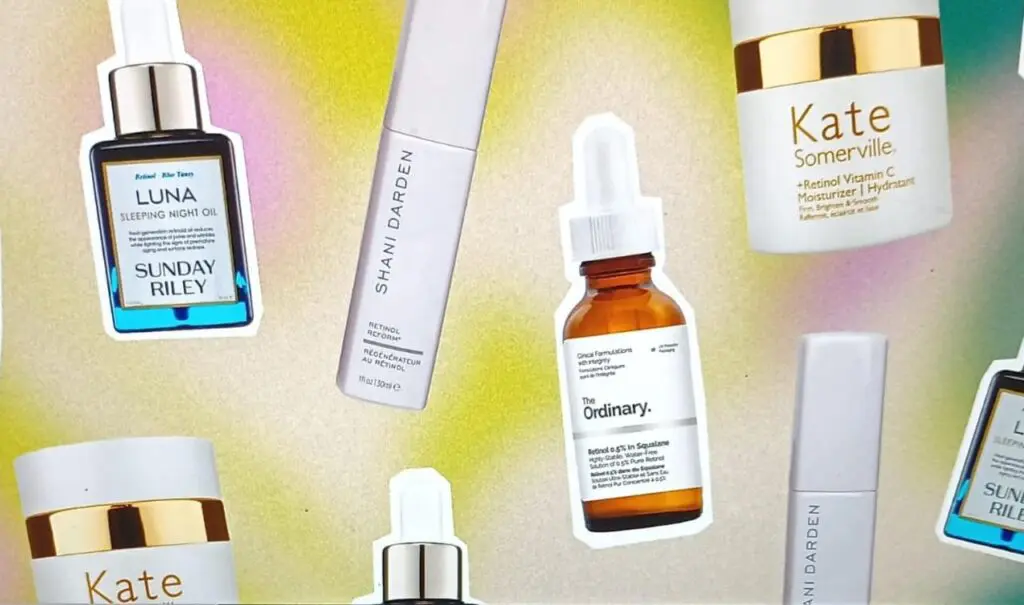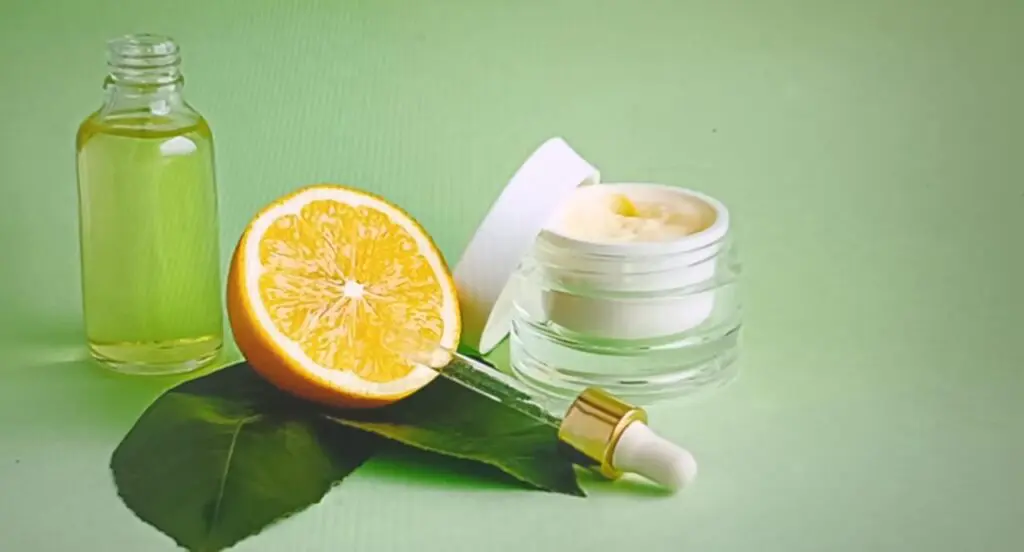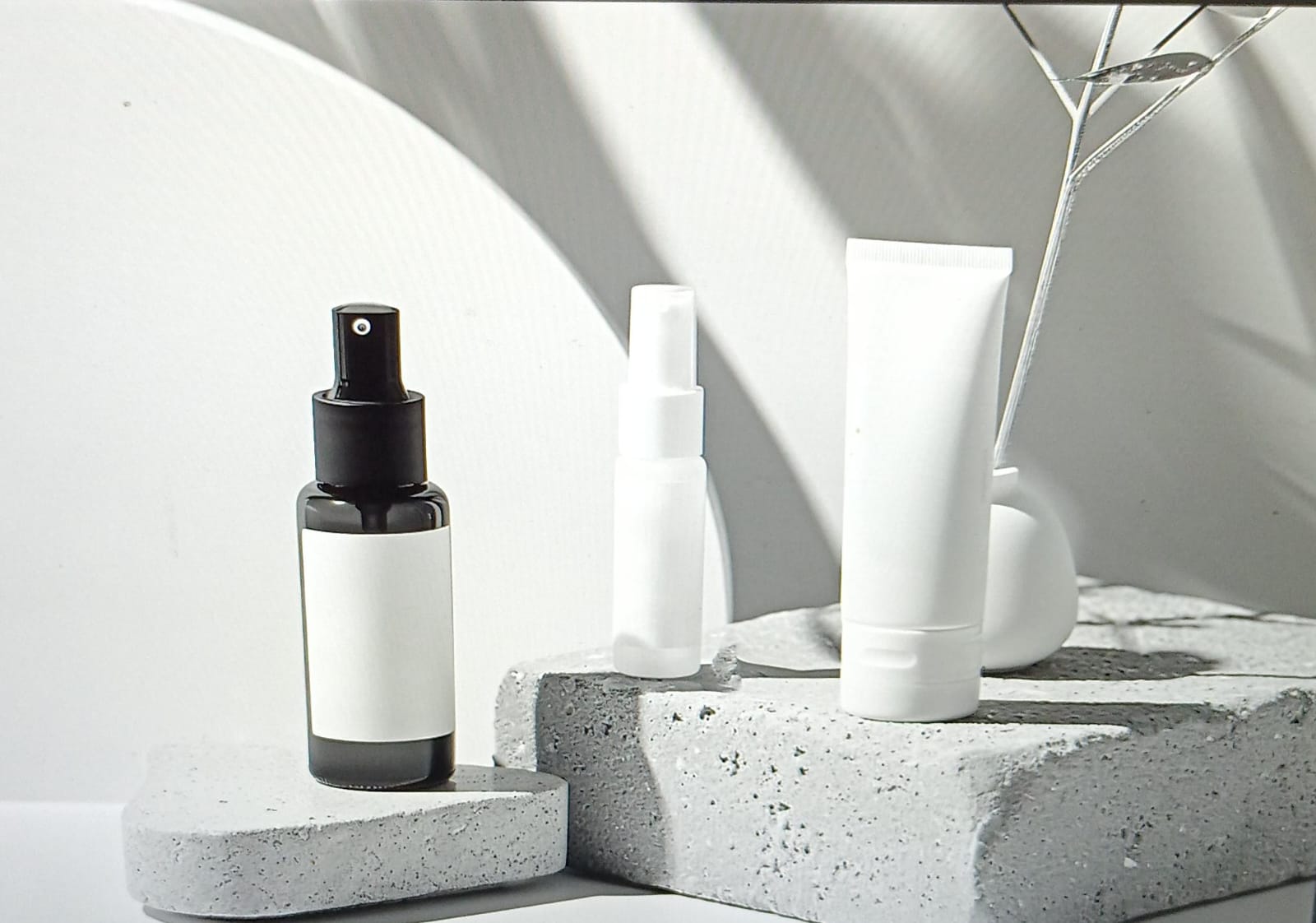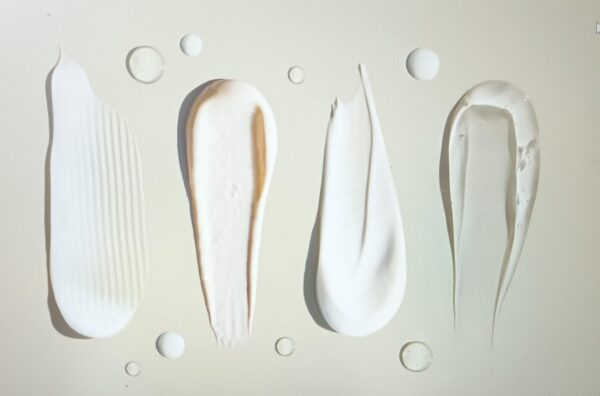
Retinol as an Anti-Aging Ingredient
Retinol has been extensively studied as one of the most effective anti-aging ingredients in the skincare industry.
It is renowned for its ability to reduce the appearance of wrinkles and fine lines, but what truly sets retinol apart from other treatments? Why is it often called the “gold standard” of anti-aging?
Having used retinol myself for over two years, I can confidently say it has made a visible difference in my skin—particularly when it comes to smoothness and firmness.
In this article, we will explore the science behind retinol, its benefits, and how you can get the best results from it.
What is Retinol?
Let’s break it down simply. Retinol is a form of vitamin A, a powerful antioxidant that plays a vital role in maintaining healthy skin.
Unlike other over-the-counter products, retinol doesn’t just sit on the surface of your skin—it penetrates deeply into the middle layer, known as the dermis.
Personally, this deep action is what hooked me; after a few months of use, I could tell my skin was not just looking better on the surface, it felt firmer from within.
That’s because retinol stimulates the production of collagen and elastin, the proteins that keep your skin firm and bouncy.
Related: 10 Best Retinol Serums in Pakistan
How Retinol Works to Combat Aging
So, what exactly is happening under your skin when you apply retinol? Here’s how it works, step by step:
Boosts Collagen Production
As we get older, our natural collagen production slows down, which leads to sagging and wrinkles. Retinol helps reverse this by encouraging your skin to produce more collagen, restoring that youthful firmness.
Accelerates Cell Turnover
Retinol speeds up your skin’s natural shedding process, which means fresher, younger skin appears on the surface more quickly. This is why it’s great for treating age spots and hyperpigmentation.
Neutralizes Free Radicals
Free radicals (unstable molecules that damage your skin) are one of the biggest culprits of premature aging. Since retinol is a powerful antioxidant, it helps neutralize these harmful molecules and protect your skin from environmental stressors.
Minimizes Pores and Improves Texture
One thing I noticed after consistent use was the reduction in my pore size. Retinol helps unclog pores and regulate oil production, which also prevents blackheads and whiteheads.
Related: Your Guide to the 10 Most Effective Anti-Aging Ingredients
The Benefits of Retinol for Anti-Aging
The list of benefits from using retinol is long, but here are the top reasons why I recommend it:
Reduction in Fine Lines and Wrinkles
By promoting collagen production and speeding up cell turnover, retinol smooths out fine lines and wrinkles over time. I noticed that my forehead lines softened significantly after around a year of consistent use.
Improved Skin Tone and Clarity
If you struggle with age spots or uneven skin tone, retinol can help lighten them, giving you a more radiant complexion. I saw improvement in my skin’s overall clarity, which gave it a more youthful glow.
Prevention of Further Skin Damage
Not only does retinol treat existing signs of aging, but it also prevents further damage by neutralizing free radicals.
Enhanced Effectiveness of Other Skincare Ingredients
Retinol makes other products, like hyaluronic acid vitamin C and peptides, work better because it improves skin texture and absorption.
How to Use Retinol for Best Results
To get the most out of retinol, here is what I have learned over the years:
Start Slowly: Retinol is powerful, so if you are new to it, start with a lower concentration and use it every other night. I remember jumping into it too quickly and experiencing some redness and irritation—lesson learned!
Apply at Night: Because retinol makes your skin more sensitive to the sun, it is best used in your evening routine. This way, it works its magic while you sleep.
Use a Moisturizer: Retinol can cause dryness and peeling, especially in the beginning. Trust me, you will want a good moisturizer to soothe and hydrate your skin.
Related: 11 Best Moisturizers In Pakistan For All Skin Types
Wear Sunscreen: This is a must. Retinol makes your skin more prone to sun damage, so don’t forget to use a broad-spectrum sunscreen with SPF 30 or higher during the day.
Who Should Avoid Retinol?
While retinol works wonders for many, it is not for everyone:
Pregnant or Nursing Women
Retinol is not recommended during pregnancy or breastfeeding. If you are thinking about using it on specific areas, like for acne or pigmentation, it is still crucial to consult a dermatologist. Only proceed with retinol if they give you the green light and follow their recommended usage.
The good news is, there are safe alternatives to retinol, so you can keep your anti-aging routine going. During pregnancy, you can use peptides, bakuchiol, and glycolic acid as effective alternatives for anti-aging.
People with Severe Eczema or Rosacea
Retinol may worsen these conditions, so it is best to consider other options and consult your dermatologist.
Frequently Asked Questions (FAQs)
1. What is retinol, and how does it work?
Retinol is a form of vitamin A that penetrates deep into your skin to stimulate collagen production, accelerate cell turnover, and neutralize free radicals, all of which help reduce wrinkles and improve skin texture.
2. How long does it take to see results?
From my experience, visible changes in texture and fine lines usually start to show after about 4 to 6 weeks, but for deeper wrinkles, it can take longer.
3. Can retinol be combined with other skincare ingredients?
Yes, retinol works well with ingredients like hyaluronic acid niacinamide and peptides. Just avoid using it with other exfoliants like glycolic acid to reduce irritation.
4. What are the side effects?
Common side effects include dryness, redness, and peeling, especially at first. These can be managed by using a moisturizer and starting with a lower concentration.
Conclusion
Retinol is a standout anti-aging ingredient thanks to its ability to deeply penetrate the skin, stimulate collagen production, and speed up cell turnover. If used correctly, it can make a dramatic difference in your skin’s texture, tone, and overall youthfulness.
But remember, as someone who’s been through the ups and downs of using retinol, I can’t stress enough the importance of patience and consistency.
With time and proper care, retinol can be the secret weapon in your anti-aging routine, helping you achieve a more radiant, youthful complexion.
Related:
8 Best Retinol Creams In Pakistan For Younger Skin
When Should You Apply Vitamin C Serum – Day or Night?

Education: University of Peshawar
Abrar Ahmad holds a Master’s degree in Chemistry and has been writing about skincare for over five years. With a deep understanding of ingredients and their impact on the skin, he enjoys sharing practical, science-based skincare advice. When not writing, he loves playing with his kids.
